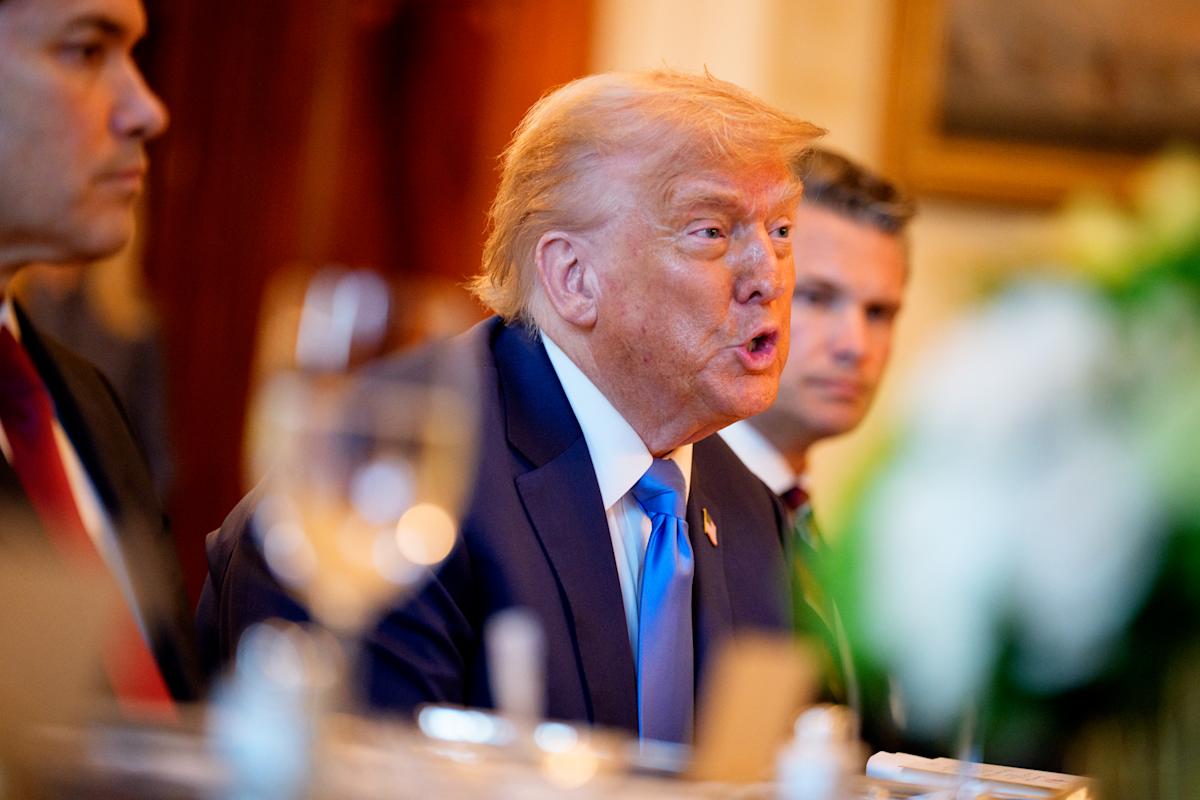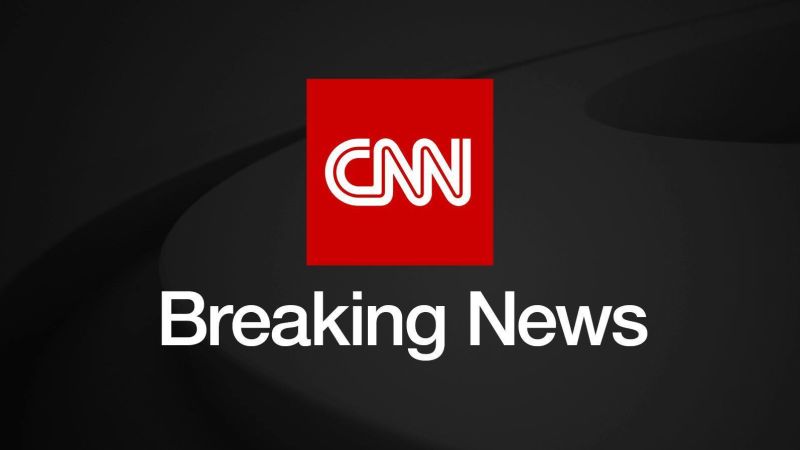
Warren Buffett Discusses Tariffs at Berkshire Meeting
Tariffs and Trade Policy Insights
Warren Buffett, during the annual Berkshire Hathaway shareholder meeting, strongly criticized tariffs, labeling them as economic "weapons" and a "big mistake." He emphasized that trade wars act as a form of economic conflict, often leading to negative consequences for global markets and long-term economic relationships. Buffett highlighted the importance of balancing global trade to foster mutual economic growth and stability, rather than treating trade as a zero-sum game.
Buffett also shared his perspective on the historical success of the United States, attributing it to effective trade policies that helped the nation grow from modest beginnings to a dominant global economy. He reiterated his belief that alienating other nations through aggressive trade measures could lead to global resentment and economic inefficiencies. His comments reflect growing concerns among investors about the potential economic fallout of protectionist trade policies.
Berkshire Hathaway Financial Highlights
Berkshire Hathaway's latest financial report revealed a record cash reserve of $347.7 billion as of March 31, reflecting the company's cautious approach in an uncertain economic climate. Despite this liquidity, the conglomerate faced a 14% year-over-year decline in operating profits, largely driven by weaker results in its insurance underwriting business. First-quarter profits from this segment fell to $1.33 billion from $2.6 billion in the same period last year.
The company’s strategy of maintaining a significant cash reserve aligns with Buffett’s cautious investment philosophy, particularly in the absence of attractively priced acquisition opportunities. Additionally, Berkshire continues to reduce its equity holdings, being a net seller of stocks for the 10th consecutive quarter. This financial conservatism underscores the challenges of deploying capital effectively given the scale of Berkshire’s operations and the current macroeconomic environment.
Leadership and Succession Plans
Leadership and succession remained central themes at the shareholder meeting, with Buffett reaffirming Greg Abel as the likely successor to lead Berkshire Hathaway. Abel, currently overseeing Berkshire's non-insurance operations, has been identified as a key figure in the company’s future leadership structure.
Buffett acknowledged the operational challenges that come with Berkshire's vast size, describing it as a "problem" that limits performance scalability. He admitted that while the company’s size offers stability, it also makes it increasingly difficult to find investment opportunities that can significantly impact its bottom line. This acknowledgment underscores the importance of strategic leadership in navigating these complexities. The meeting also featured discussions on Berkshire's board of directors and expressions of gratitude to long-serving members, reflecting the company’s emphasis on a stable and experienced leadership framework.
 Sources
Sources- Throngs admirers fill arena Warren Buffett's tariffs Berkshire Hathaway
 yahoo
yahoo - Warren Buffett talks tariffs, succession annual Berkshire Hathaway meeting | CNN Business
 cnn
cnn - Berkshire Hathaway annual meeting: Buffett says trade 'should weapon'
 yahoo
yahoo
- Throngs admirers fill arena Warren Buffett's tariffs Berkshire Hathaway
 yahoo
yahoo - Warren Buffett talks tariffs, succession annual Berkshire Hathaway meeting | CNN Business
 cnn
cnn - Berkshire Hathaway annual meeting: Buffett says trade 'should weapon'
 yahoo
yahoo




